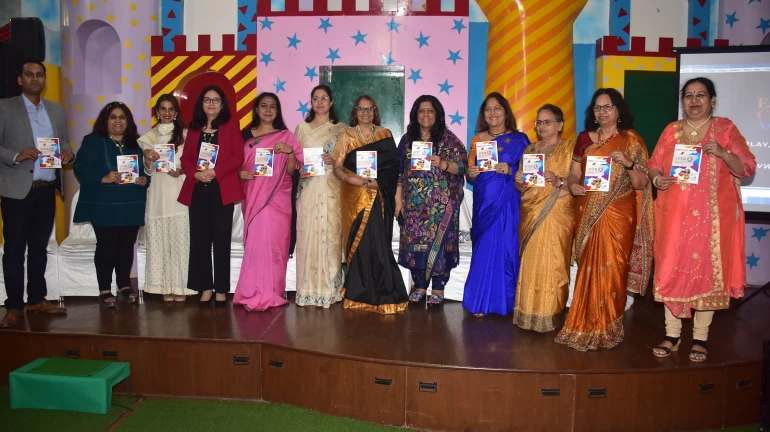
After a journey spanning 8 years, with 15 publications, over 692 workshops and touching over 7 lakh teachers, the Early Childhood Association (ECA) launched its Association for Primary Education and Research (APER).
“This integration was long overdue,” says Dr. Swati Popat Vats, president of ECA and APER. “The draft National Education Policy 2019 (DNEP) suggests a new integrated curricular framework for 3 to 8-year olds with a flexible system based on play, activity and discovery, and beginning exposure to three languages from age 3 onwards. Hence launching APER is a natural progression. Our goal is to do the same kind of work we did for the early years but now in primary school, from grades 1 to 4 and smoothen the transition from early years to primary years. APER will ensure that all ECA schools, who have built on the development goals and a solid foundation in the early years will get a platform to let their children continue further advocacy for “stress-free childhood years” and continuation of the same in the primary level."
Also Read: Mumbai University's 'Desi Tadka' In Its Convocation Attire
“There is a vast difference between the two curricula. Children in pre-primary are told to play and explore and suddenly everything changes once they step in primary education. They are told to study more than play. One suggestion to better the transition is to let the pre-primary teacher teach the children for at least a week at the start of their primary education. Also, the ground reality is that teachers of pre-primary, and secondary do not work collaboratively,” shared Usha Varma, Secretary, APER, emphatically.
“This period of 3-8 years in the DNEP translates into 3 of early years + 2 of primary education years. The annual status of education report shows that children cannot read or write properly; commensurate to their age. Early child segment is ignored and therefore filled with less qualified, low-cost teachers. If an audit is done periodically, the quality of staff will enhance,” opined Farzana Dohadwalla, Vice President of APER.
The panel agreed that the IB system is superior, in that the accreditation of primary children is done by checking the early years. Also, in the IB boards, the pre-primary and primary teachers have collaborative meetings to better the transition of children. President Swati Popat Vats mooted topics such as ‘license to teachers to teach’ and bringing together all stakeholders such as parents, educators, psychologist, etc. into the betterment of the system.
Also Read: Why Students Prefer Private Colleges Over Mumbai University





